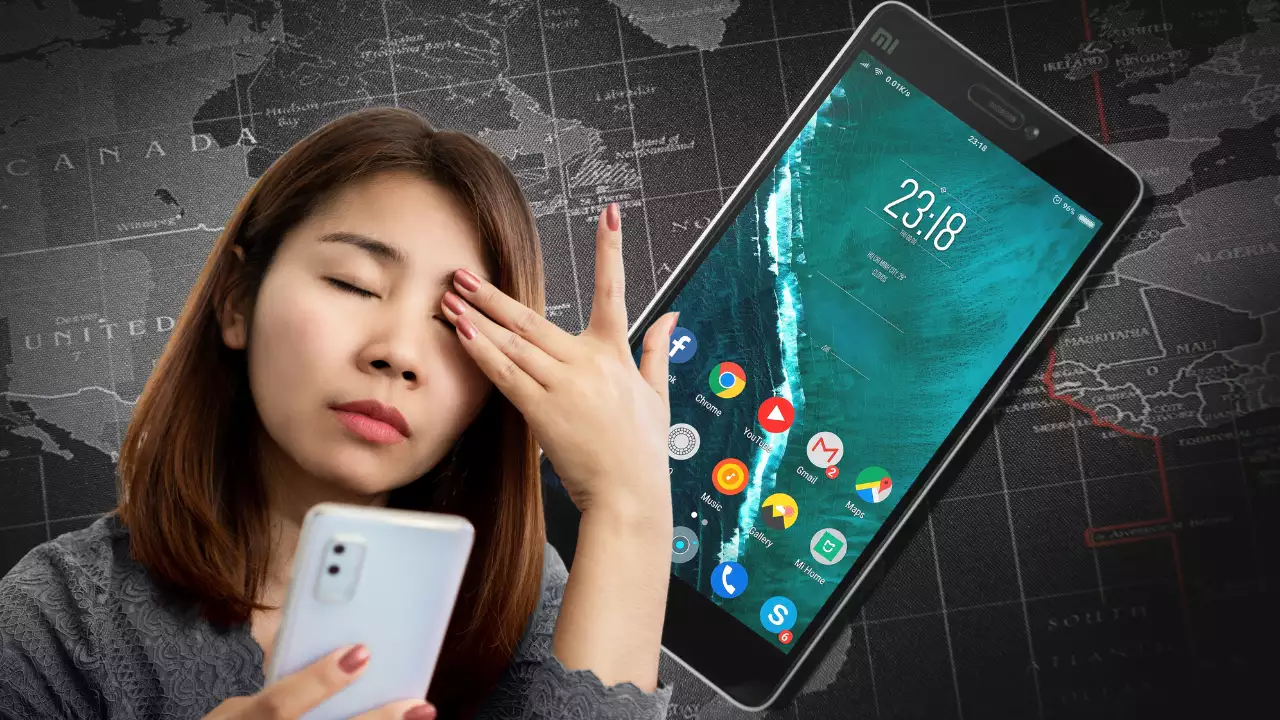Whether we like it or not, digital devices have become a part and parcel of our daily lives. Even when we are surrounded by loved ones, some of us can't put them down. While these gadgets can help with learning and community building, they can also interfere with sleep and creativity.
Studies indicate that the blue light emitted by electronic screens can disrupt the body’s natural rhythms, leading to mood swings, anxiety, and even social isolation. We turn to an expert to know how excessive engagement with digital devices contribute to emotional distress and relational challenges, particularly among younger users.
Screen Time and the Human Brain
Recognising the signs of too much blue light on the brain can help to mitigate its effects. According to Dr Praveen Gupta, Principal Director and Chief of Neurology, Fortis Hospital,
prolonged screen time overstimulates the brain, leading to mental fatigue, difficulty concentrating and decreased productivity. “If you experience cognitive challenges or struggle to focus, blue light may be disrupting your mental clarity and overall function,” he adds.
Mood and emotional disturbances are important indicators of chronic exposure to blue light. If you observe an increase in anger, anxiety, or frequent mood swings associated with prolonged computer use, Dr. Gupta says, blue light is most certainly a contributing reason. Additionally, if you find yourself feeling more tense, overwhelmed, or experiencing persistent stress associated with prolonged device usage, blue light could be a significant influencer.
Another major effect of excessive blue light exposure is sleep disruption. “Excessive blue light exposure, particularly in the evening, can disturb sleep patterns and impair your ability to fall asleep or sleep well,” Dr. Gupta says. If you have insomnia or poor sleep quality on a regular basis, it may suggest that blue light is having an effect on your mental health.
Taking Action to Reclaim Mental Well-being
- Establish Digital Boundaries: Limit your screen time and set aside time for device-free activities. Create phone-free zones or set aside periods to unplug to reduce blue light exposure and battle phone addiction.
- Use Blue Light Filters: Turn on blue light filter settings on your devices or utilise apps that limit blue light emissions. According to the expert, these filters can help to prevent any potential harmful effects on your mental health. Wearing blue light-blocking glasses also helps to reduce the amount of blue light entering our eyes.
- Establish a relaxing bedtime routine: Prioritise excellent sleep by creating a nighttime regimen that involves limiting blue light exposure before bed. Calming hobbies include reading, practising relaxation methods, and listening to peaceful music.
- Optimise Your Environment: To lessen blue light emissions, Dr. Gupta says, dim your screens' brightness and change the colour temperature. Create a relaxing mood in your living areas with warm, dim lighting, especially in the evening, to assist your normal sleep-wake cycle.
- Embrace Self-Care and Mindfulness: Practice self-care practices that boost mental health. To counteract the impacts of blue light and phone addiction, include exercise, mindfulness techniques, hobbies, and meaningful social contacts in your daily routine.
Get Latest News Live on Times Now along with Breaking News and Top Headlines from Health and around the world.


